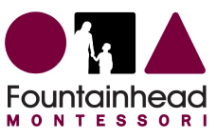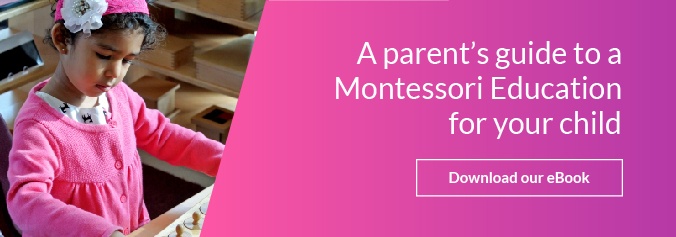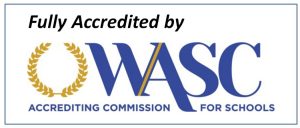If your only experience with elementary education is a public school, then it can be difficult to fathom a program that does not include formal or standardized testing. Montessori programs differ from public school programs in many ways, including testing. The Montessori Philosophy of education takes a different view on the value of formal testing in the classroom.
Does the Montessori Philosophy of education include formal testing?
Formal testing is not an integral part of Montessori education. You will not find the types of standardized testing in the Montessori classroom that is common in public schools. When it comes to formal testing, the belief in Montessori education is that testing typically measures a student’s ability to memorize facts and engage in repetitive practice. Memorizing facts and engaging in repetitive practice are not core elements of Montessori education. Instead, the goal is for students to master concepts and engage in repetitive practice to deepen their knowledge (as opposed to practicing with the purpose of doing well on a test).
How is progress measured?
Without formal or standardized testing, how is progress measured in Montessori programs? The design of the Montessori classroom allows the teacher to measure the progress of each student on a daily basis. The student to teacher ratio is kept small in the Montessori classroom in part to allow the teacher to regularly observe and interact with each student. Students often work independently and in small groups. The teacher can measure progress through direct interaction. As a student masters a concept, the teacher will adjust the student’s learning plan so he or she can continue improving and moving forward.
Why do some Montessori programs require an assessment for admission?
If formal testing is not an important part of Montessori education, then why do some programs require an assessment for admission? For example, at Fountainhead Montessori School, students who are applying to the lower and upper elementary programs are required to have an assessment as part of the application process. In this case, the assessment is not a ‘test’ but rather a way for teachers and administration to understand where the student is starting. The assessment is a way to ensure that your student is placed in the classroom that best fit their needs. It is not a high-pressure standardized test that determines whether or not your child gets in. Instead, it is one small part of a larger process designed to ensure that Fountainhead Montessori School is the right fit for your child. There may be some Montessori programs that utilize a more formal testing process for admissions. However, those that closely follow the Montessori Philosophy of education do not put an emphasis on formal or standardized testing.
Some families seek out Montessori education because the focus of learning is not on preparing for a particular test. If you are in that group, then you likely feel comfortable with the lack of formal testing. If, however, you are having a difficult time imagining an educational program without testing, you should consider observing a Montessori classroom. Observing a class in action can help you see first hand how the teacher can properly assess student progress on a daily basis without formal testing.












Let us know what you think about this post
Put your Comment Below: